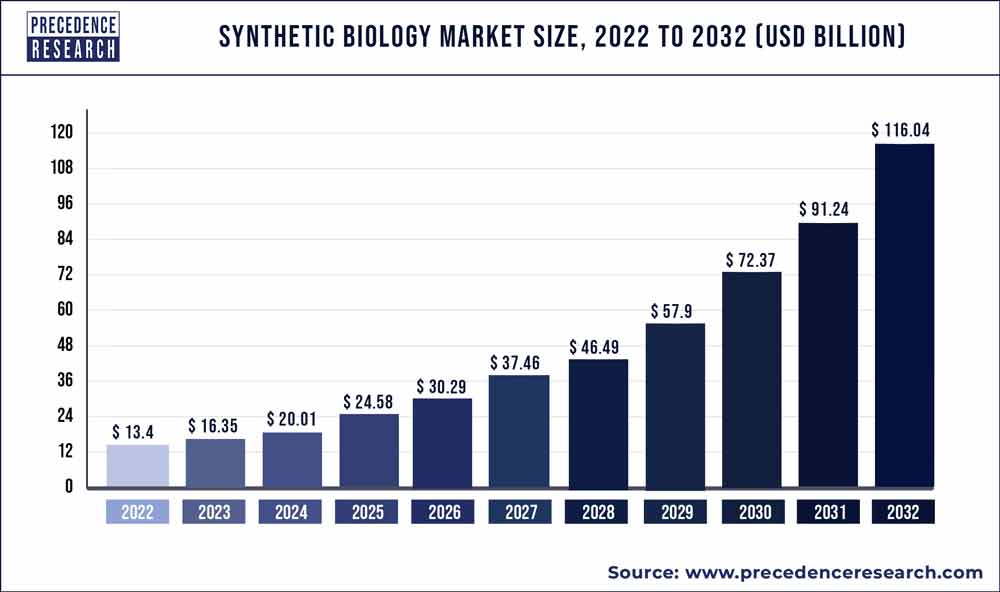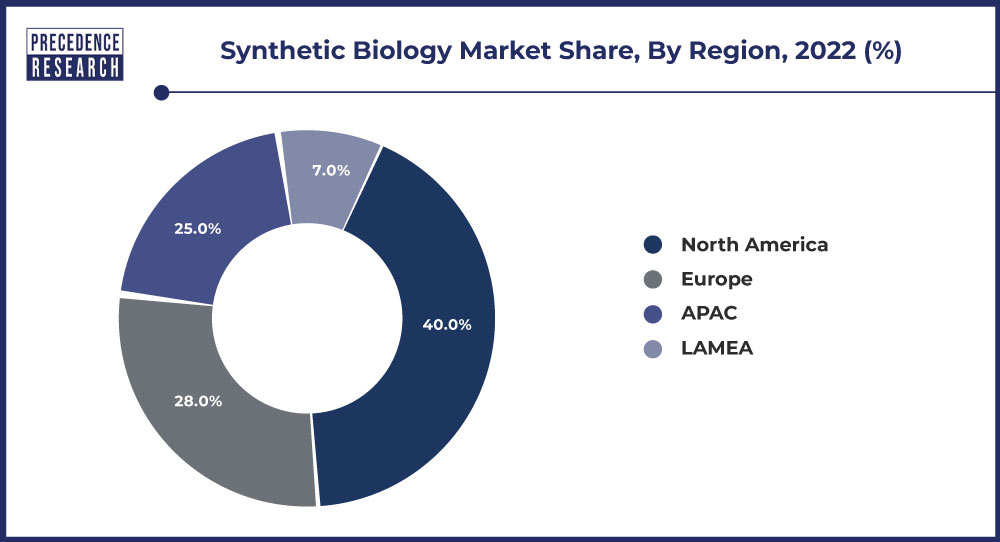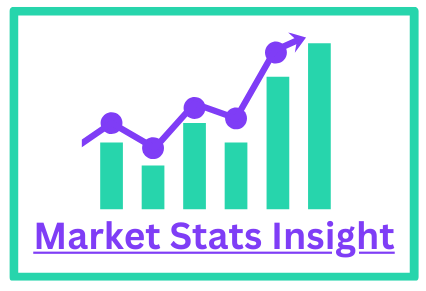The global synthetic biology market size reached USD 13.4 billion in 2022 and is projected to hit around USD 116.04 billion by 2032, expanding at a CAGR of 28.3% from 2023 to 2032. The synthetic biology market has experienced significant growth due to advancements in genetic engineering techniques have led to increased efficiency and precision in modifying biological systems, thereby expanding the scope of synthetic biology applications. Additionally, growing investments from both public and private sectors have fueled research and development efforts in this field, driving innovation and the commercialization of synthetic biology products and technologies.

Moreover, the expanding demand for sustainable solutions in various industries, such as healthcare, agriculture, and energy, has created opportunities for synthetic biology to address complex challenges, further driving market growth. Furthermore, collaborations between academic institutions, research organizations, and industry players have facilitated knowledge exchange and accelerated the translation of scientific discoveries into practical applications, contributing to the expansion of the synthetic biology market.
Synthetic Biology Market Key Pointers
- In 2022, North America held the greatest market share of 40%, dominating the industry.
- Asia Pacific is anticipated to grow at the quickest rate due to an increase in partnerships, investments, and teamwork.
- With a 28% market share in 2022, the PCR industry was the largest.
- Between 2023 and 2032, the genome editing market is predicted to grow at the fastest CAGR of 28.9%.
- The enzymes segment is expected to grow at a CAGR of 25% over the forecast period.
- Over the course of the projection period, the synthetic DNA and oligonucleotide/oligo pools segments exhibit notable growth.
- The market leader, healthcare, is anticipated to expand at a compound annual growth rate (CAGR) of 27.5% throughout the projected period.
- In 2022, the group of pharmaceutical and biotech firms had the biggest revenue share, at 52%.
Get a Sample: https://www.precedenceresearch.com/sample/2862
Synthetic Biology Market Regional Stance
In 2022, North America dominated the synthetic biology market, commanding a 40% share. This leadership position was fueled by several factors. Firstly, private companies in North America significantly increased their investments in synthetic biology. Secondly, the region benefited from a regulatory environment that was conducive to the growth of this industry, characterized by reasonable regulations that facilitated innovation while ensuring safety. Lastly, government support, through funding and policy initiatives, played a crucial role in fostering the expansion of the synthetic biology sector in North America.
The United States, in particular, played a pivotal role in driving the growth of the synthetic biology market within North America. The country focused its efforts on specific areas such as drug screening and discovery, research in proteomics, and genomic structure prediction. These targeted initiatives aimed to capitalize on the potential of synthetic biology to revolutionize various fields, including healthcare, agriculture, and industrial biotechnology.

Looking ahead, the Asia Pacific (APAC) region is poised to become the fastest-growing market for synthetic biology. Several factors contribute to this projection. Firstly, there has been a notable increase in investments in the APAC region, driven by economic growth and a burgeoning interest in biotechnology. Additionally, the Chinese market, in particular, has witnessed significant partnerships and funding initiatives, further propelling the growth of synthetic biology in the region.
Moreover, collaborations among stakeholders in the APAC region, both within countries and across borders, have intensified. These collaborations span academia, industry, and government entities and aim to leverage collective expertise and resources to advance synthetic biology research and applications.
Furthermore, several Asian countries have recently established state-sponsored research programs, national institutes, and academia-industry alliances dedicated to advancing technological innovation in synthetic biology. These initiatives reflect a concerted effort to position the APAC region as a hub for biotechnological innovation and drive the future growth of the synthetic biology market.
Read More Report: Protein Supplements Market Size to Hit USD 49.68 Billion by 2032
Synthetic Biology Market Trends
- Increased Investment: The Synthetic Biology sector is attracting significant investment from various sources, including venture capital firms, government agencies, and corporate investors. This influx of funding reflects the growing recognition of synthetic biology’s potential to address complex challenges and create value across industries. Investors are betting on the scalability and commercial viability of synthetic biology innovations, leading to a vibrant ecosystem of startups, research initiatives, and partnerships.
- Collaborative Ecosystem: Collaboration is fundamental to driving progress in synthetic biology. Interdisciplinary collaborations between biologists, engineers, computer scientists, and other experts are breaking down traditional silos and fostering innovation at the intersection of diverse fields. Academic institutions, research organizations, and industry players are forming collaborative networks to share knowledge, resources, and expertise. These collaborations are accelerating the pace of discovery and translation, leading to breakthroughs in synthetic biology research and applications.
- Focus on Sustainability: Synthetic biology is emerging as a powerful tool for addressing global sustainability challenges. By harnessing the power of biology, researchers and companies are developing sustainable solutions for energy production, resource utilization, and waste management. From bio-based fuels and biodegradable materials to carbon-neutral processes and environmental remediation technologies, synthetic biology offers promising pathways towards a more sustainable future. The emphasis on sustainability is driving demand for synthetic biology innovations and shaping investment priorities in both developed and emerging markets.
Synthetic Biology Market Dynamics
Driver
